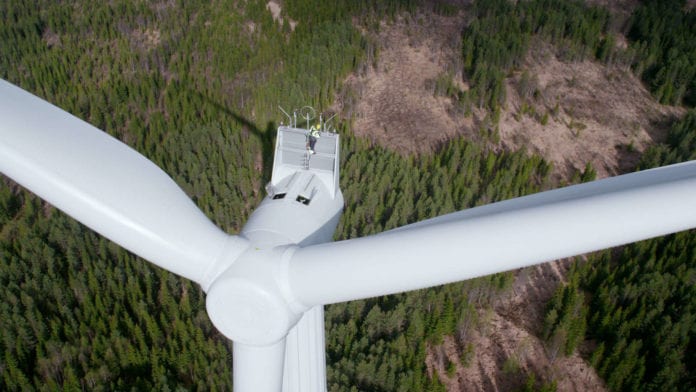The Internet of Things (IoT) has the potential to bring about a truly connected future, powering everything from smart homes to smart cities. Where we see a particular impact, however, is in the Industrial IoT (IIoT), where the exponential potential of connected sensors, machinery and processes will come to life, kick-starting a 4th Industrial Revolution that will transform businesses of all sizes in all industries.
Yet, the IIoT has been slow to take hold, with some pilot projects sputtering out, and many industries hesitant to commit to the large-scale investments needed to bring about true transformation. One recent survey revealed that 61 percent of business leaders believe we have barely begun to scratch the surface of what this technology can do, but even with a positive outlook, progress is slow with many stops-and-starts.
However, a number of developments may be pointing to a breakthrough in the near future. Better microprocessors have made once unwieldy connected devices smaller and more manageable. Developments in cloud computing have made better storage and edge processing available. And manufacturing companies are betting on 5G to deliver ultra-low latency, high bandwidth and reliable connectivity to pair with advances in artificial intelligence and machine learning to revolutionize industrial operations.
With these advances, here are three industries that are implementing the IIoT to great success and realizing the potential it has to transform business:
Automotive manufacturing: The automotive industry is one where efficiency matters. The average net margin for the industry is extremely narrow, so the IIoT can reap major benefits for companies. For example, automotive plants often have to shut down to perform regular maintenance, but an IIoT-enabled plant, with a network of sensors providing constant, real-time data on equipment and processes, can help plant management pinpoint problems before they occur and can reduce the need for disruptive repairs.
Renewable Energy: Renewable energy is another industry where the IIoT is having an impact. Wind farms and solar fields are complicated operations that involve a lot of separate machinery, like turbines, all working together in a coordinated fashion. When all those operations are connected through an IIoT network, it allows for real-time measurements and adjustments to catch the right wind condition or the sun at its brightest point to provide real value.
Manufacturing: Manufacturing overall will see a major impact from the IIoT. A recent Ericsson study that looked into introducing 5G technology into the production of blisks, bladed disks used in jet engines, found that doing so could create annual savings of approximately $27 million for a single factory and up to $360 million globally. This real-time connectivity and the impact it has on manufacturing is set to transform the entire industry.
The industrial incarnation of the Internet of Things will be where a real transformation takes place, moving the technology beyond consumer-focused applications into actual transformation for businesses. Moving forward, the way we’ll measure the success of that transition needs to evolve, from the number of connected devices to the meaningful outcomes IIoT systems can bring to operators.
The above examples are where we’ve seen some early and encouraging applications of the IIoT – but in the near future, this is a movement that will have an impact on every industry.

